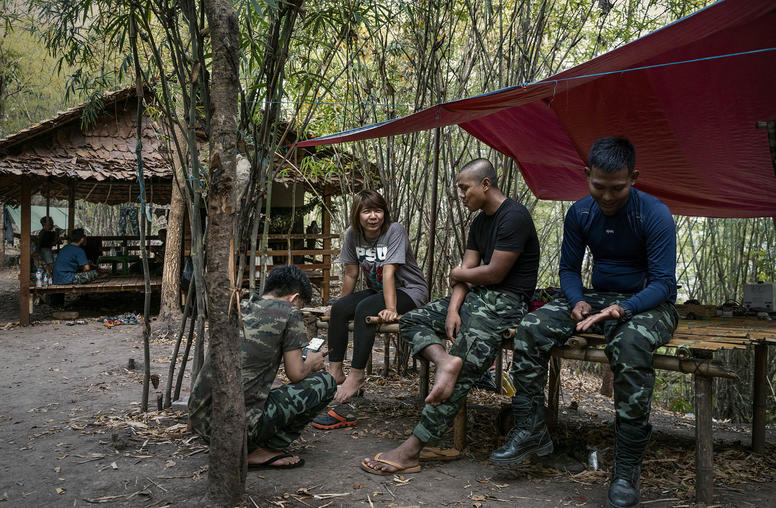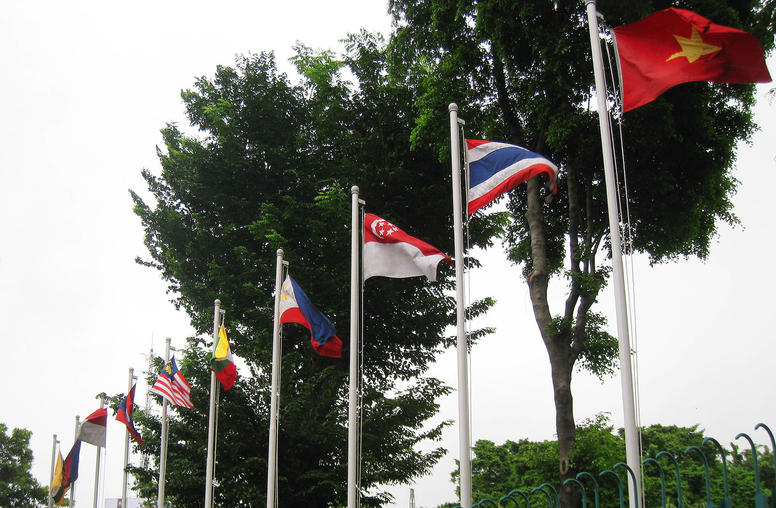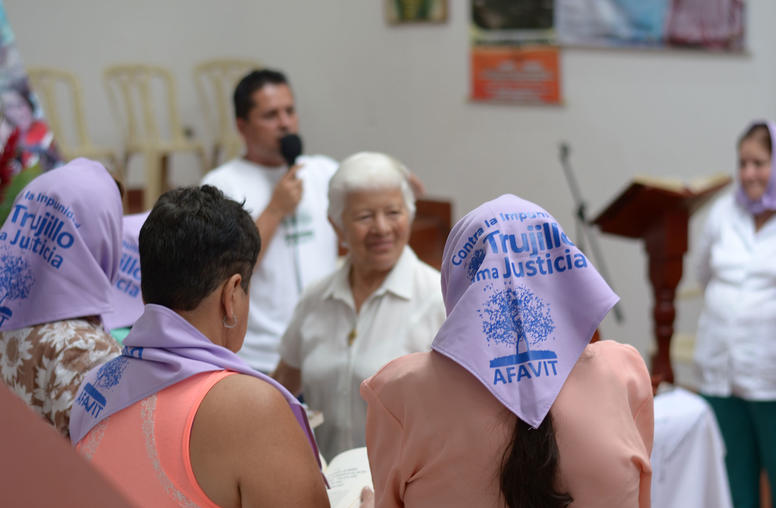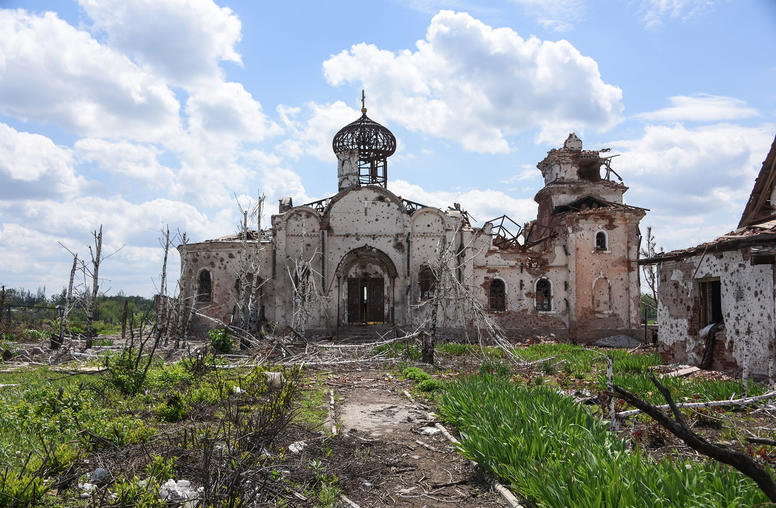 Burma
Burma
In February 2021, Burma erased 10 years of progress toward political reform after the military took power in a coup. Since the coup, the military has created an environment of constant chaos and terror, killing scores of protesters, and waging a war against the Burmese people, who refuse to be subjected once again to brutal military rule. Since 2012, the U.S. Institute of Peace has worked with communities in Burma to curb intercommunal tensions and violence and support stakeholders looking to end decades of civil war and oppression. In addition, USIP’s Burma program provides timely research and analysis on conflict dynamics in Burma for practitioners, policymakers and observers in Burma and abroad.
Learn more in USIP’s fact sheet on The Current Situation in Burma.
Featured Publications

Myanmar’s Collapsing Military Creates a Crisis on China’s Border
Operation 1027 — an offensive launched in October 2023 by an alliance of three ethnic armed organizations (EAOs) against the military junta in Myanmar — has disrupted hundreds of forced labor scam syndicates operating under the protection of Myanmar’s army, dented the army’s image of invincibility and decimated the lucrative China-Myanmar border trade. A second operation launched on March 7 by another EAO in Kachin State has compounded China’s economic woes by adding to the impact on trade.

How a Fractured Myanmar is Navigating U.S.-China Rivalry
As the rivalry between the United States and China intensifies, Southeast Asian countries have been forced to navigate this growing power competition. The challenge has proven formidable even for those with strong governance and stability. For Myanmar — where a civil conflict between the ruling military junta and a loose alliance of resistance groups recently entered its fourth year — developing a cohesive approach to navigating U.S.-China competition might seem unattainable and unimportant in the current moment.

Myanmar: New Data Show Wide Support for Unity Government
The three-month offensive by Myanmar’s alliance of disparate ethnic armed groups has weakened the military regime more than at any time since it seized power three years ago. This highlights a question for international policymakers: Could the anti-coup forces stabilize Myanmar? New public opinion data bolsters evidence that the National Unity Government (NUG) — which combines representatives elected in the 2020 election and ethnic minority leaders — has a solid basis to lead such an effort, holding strong popular support across Myanmar’s numerous ethnic groups. Such stabilization will depend on the NUG’s ability to deepen its inclusivity and responsiveness and broaden its political coalition.
Current Projects

Southeast Asia in a World of Strategic Competition: An Essay Series
Great power rivalry between the United States and China is frequently described in bilateral terms, with regions of the world — including Southeast Asia — merely serving as arenas of competition. But this framing ignores the agency of third countries in managing the risks and opportunities presented by this competition. To explore these countries’ agency and the corresponding policy options, this USIP essays series includes contributions from 10 Southeast Asia-based experts. Each essay provides one country’s perspective on how the members of the Association of Southeast Asian Nations (ASEAN) perceive and respond to strategic competition between the United States and China.

Religious Women Negotiating on the Frontlines
In recent years, peace processes — such as the track 2 intra-Afghan negotiations — have shown that on both a moral and practical level, women’s inclusion is essential. Women’s involvement in peace processes increases their likelihood of success and longevity and can increase legitimacy. While more literature on women contributing to mediation and negotiation efforts is slowly being produced, little attention is currently being paid to the already existing work of women who employ their faith and mobilize religious resources for peacebuilding.

Religion and Conflict Country Profiles
USIP’s Religion, Peace and Conflict Country Profiles (RPACCs) are concise analytic overviews of the religious landscape in countries at risk of, currently experiencing or recovering from violent conflict. RPACCs are intended to be used primarily by policymakers and practitioners looking to develop rapid familiarity with the nature and status of religion in a given country of interest as well as to understand how religion intersects with conflict and peace dynamics. The RPACC series is an outgrowth of USIP’s previous work on Religious Landscape Mapping in Conflict-Affected States.